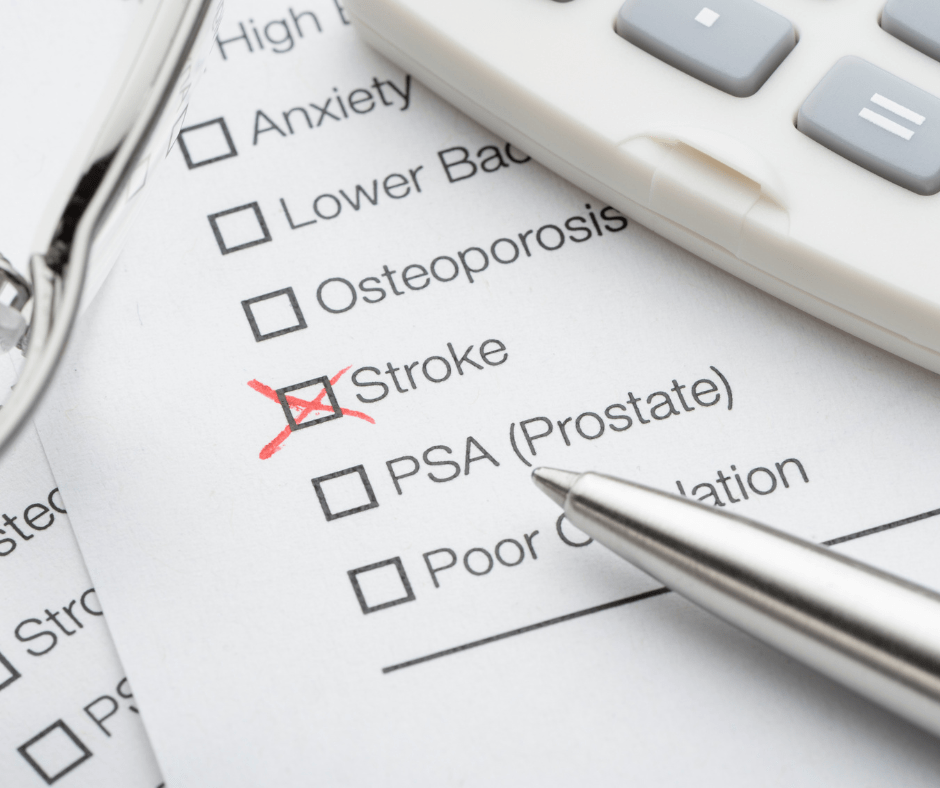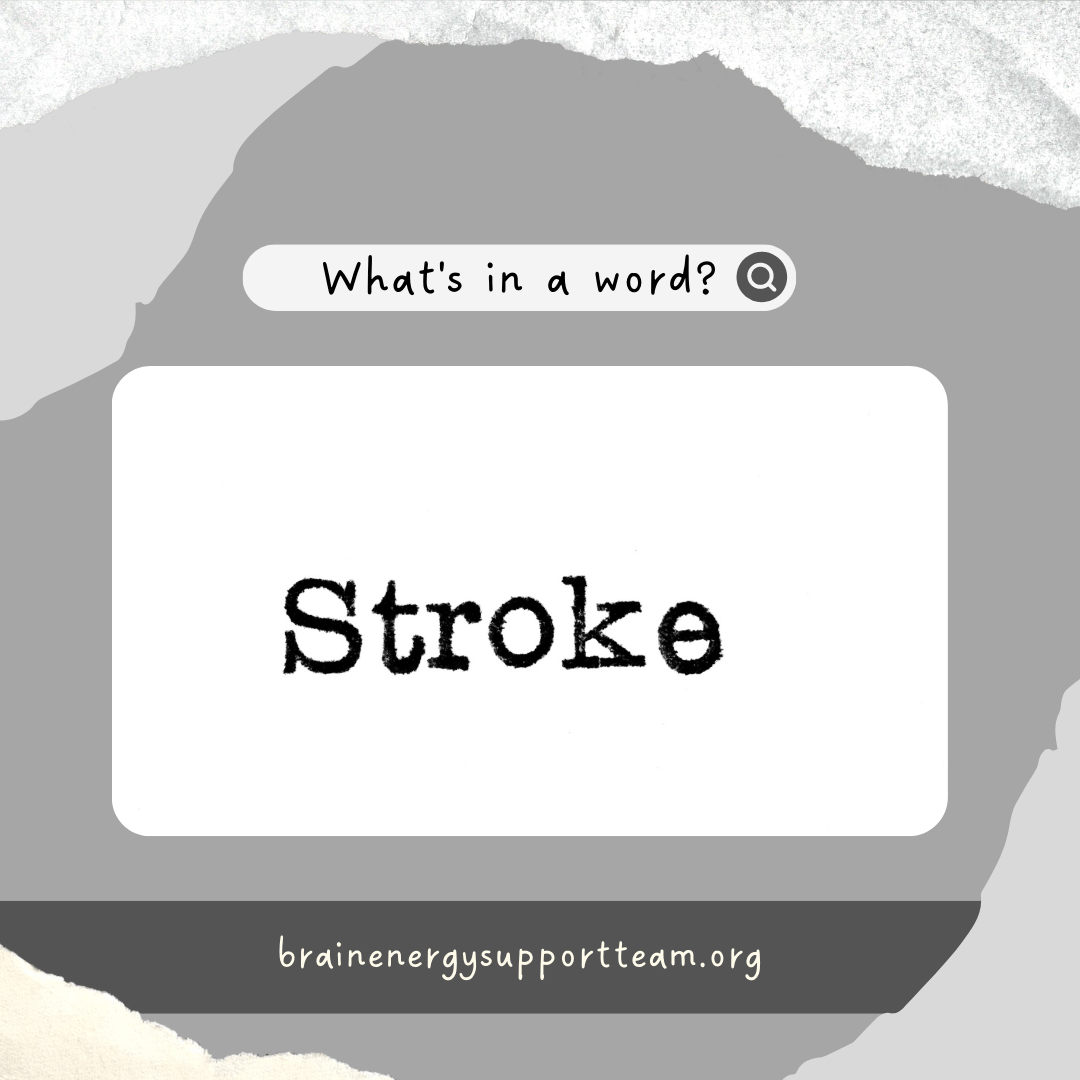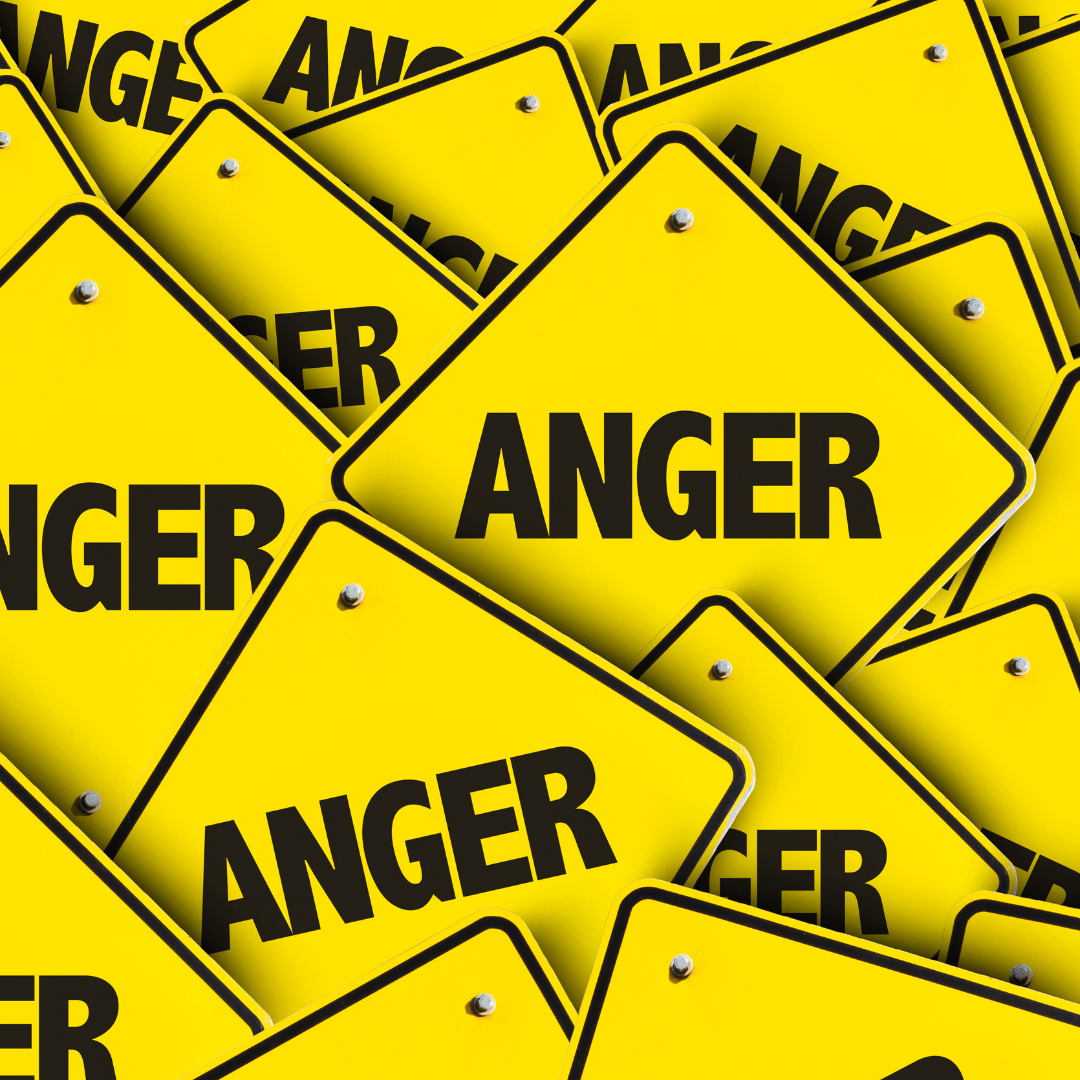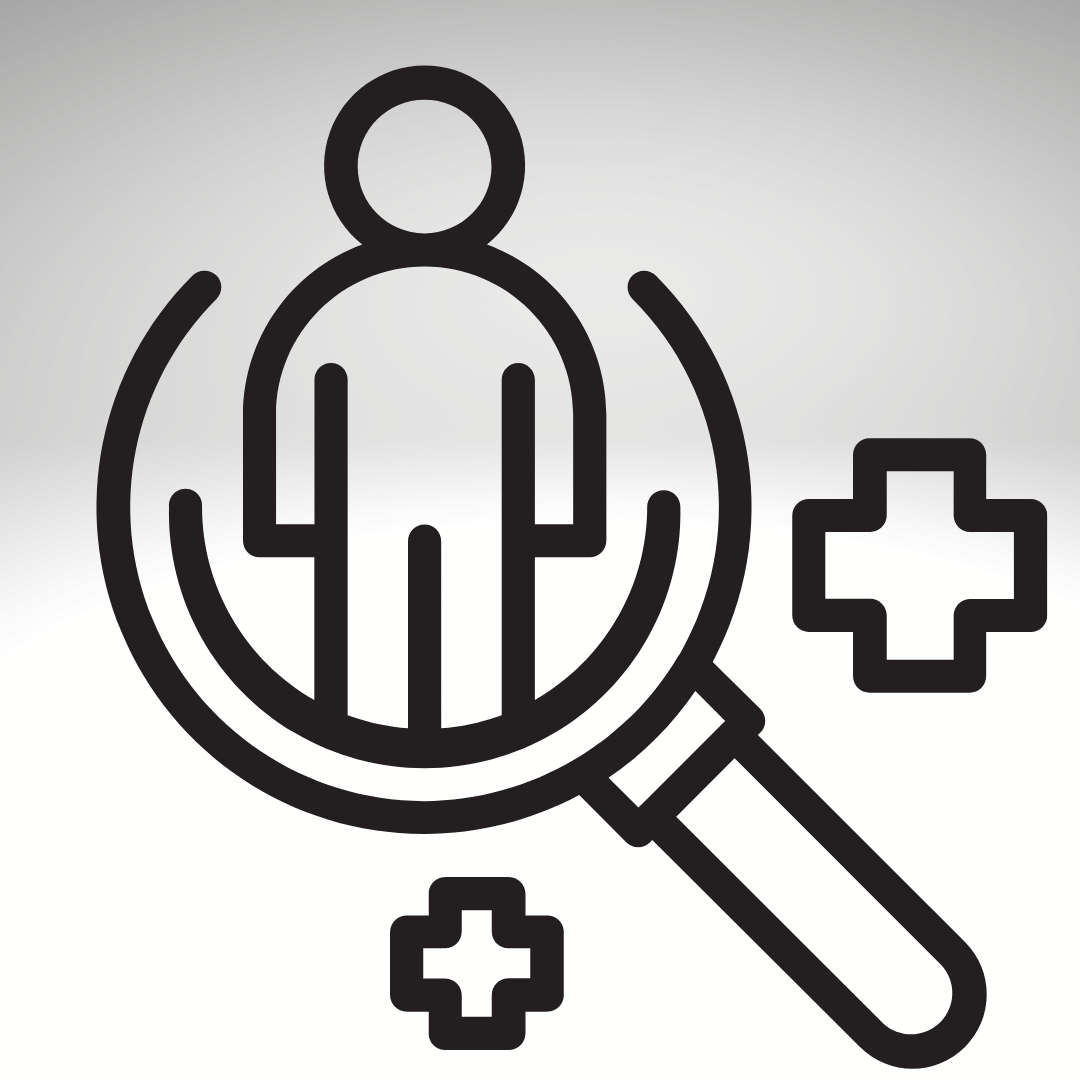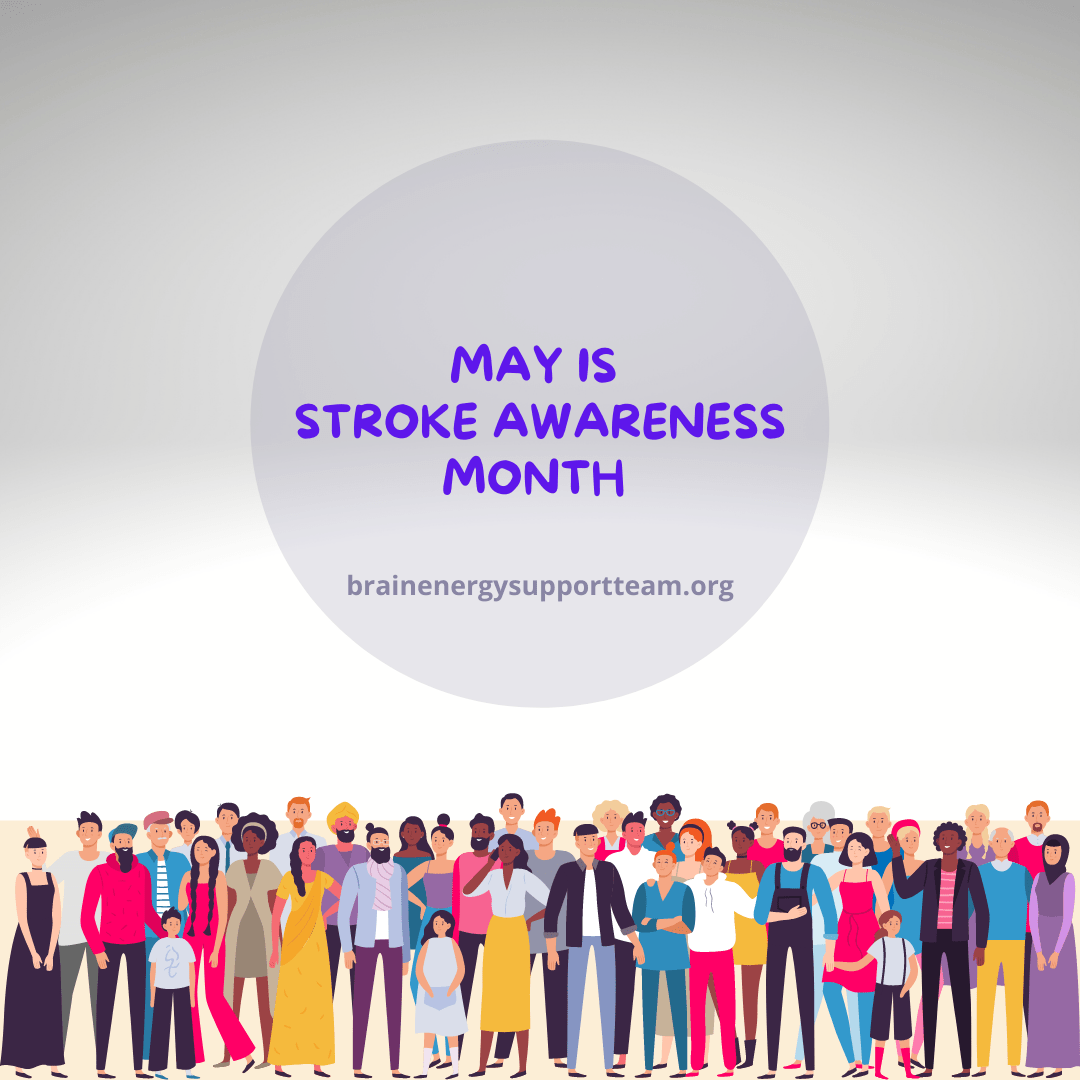 Since my brain injury (stroke) nearly five years ago, I have become aware of the power of the mind and how what we think affects how we feel . This has been demonstrated to me fairly empirically. I shall explain. My wife has been extremely diligent in taking my blood pressure. After my stroke, I took part in research aiming to reduce the chance of further strokes. I was given a blood pressure monitor and told to take three sets of my blood pressure three times a day. The readings were sent via mobile data to the research team and my medications were adjusted accordingly.
Since my brain injury (stroke) nearly five years ago, I have become aware of the power of the mind and how what we think affects how we feel . This has been demonstrated to me fairly empirically. I shall explain. My wife has been extremely diligent in taking my blood pressure. After my stroke, I took part in research aiming to reduce the chance of further strokes. I was given a blood pressure monitor and told to take three sets of my blood pressure three times a day. The readings were sent via mobile data to the research team and my medications were adjusted accordingly.
My wife wouldn’t tell me the readings until they were all taken. On one occasion, she asked me what I had been thinking during the second reading. I told her I was worrying about our finances and my lack of income. She replied, “I could tell you were getting worked up about something as your blood pressure and pulse went up.”
Now, this has been repeated time and time again over the last five years. My wife can tell if I am worried or anxious about something just by my blood pressure taken. I have even tried meditating when she takes the readings (my blood pressure goes down) and also I’ve tried getting worked up (my blood pressure goes up).
I now look back at stressful periods in my life and genuinely wonder how I didn’t have a stroke sooner than I did. It has been empirically demonstrated to me that what we think has a direct effect on our blood pressure. Just to restate that, what we think affects our blood pressure.
Therefore, what we think affects our well-being. WOW. There is a connection between our state of mind and our body’s response. This is no different to auto-immune responses when we’re bitten by an insect or we run a fever. However, I can affect my blood pressure just by what I think?
All of this was a big factor in us moving from the busy, hectic south of England to the rural, calmer south of Scotland. Life is much more peaceful and slower paced up here. People have time to talk to you, they are more polite, more friendly, more caring and generally seem more happy. I certainly feel in a much better mental place than when I lived in the bustling south of England and I’m sure this is better for me physically, too. I’m just trying to minimize things that cause me stress and anxiety.
I read a report recently that said stroke is on the increase in younger people (and at a greater rate of increase in developing countries) and wondered how much of a factor stress and anxiety is in those statistics. If you look at this in evolutionary terms, modern man has been around for about 250,000 years (depending on which book you read, recent archaeology suggests this figure could be over 300,000 years). Up until a few thousand years ago, we were living life as hunter/gatherers. Only in recent times have we been living in towns and cities. If you come at this from the present and look back, the last 150 years has seen unparalleled changes. That’s just a handful of generations.
The first powered aircraft flight was the Wright Brothers in 1903. The first commercial jet airliner (something we take completely for granted in 2018) entered service in 1952, just 66 years ago. Not even 3 generations back. Heck, I was born 6 years after this! This rate of change is way faster than the rate at which we can adapt. What effect is this having on us?
And this rate of change is accelerating. My first PC was purchased about 26 years ago and had a 40 megabyte hard drive. It used both 3.5 inch and 5 inch floppy discs and the 3.5 inch floppies had a capacity of 1.44Mb. I have just purchased a 1Tb USB stick which broadly gives me storage about 700,000 times greater than a 3.5 inch floppy disc.
These last 150 years in evolutionary timescales are all but nothing. If we say modern man has been around for 250,000 years, then the last 100 to 150 years represents roughly 0.05% of that time frame. (This is roughly the same ratio as 40 seconds is to 24 hours). I would suggest that the rate of change in the world around us is much greater than any natural, biological change and so must place us under unnatural stress. Our ancestors had a natural ‘release’ from the stress in their world – they were very physically active living a typical hunter/gatherer lifestyle. There is no natural stress release when you are sitting behind a desk for eight hours a day, then in a car for an hour and then in front of the TV for three hours. And I find it fascinating that the rate of increase in stroke now is greater in developing countries than in developed ones. I would suggest that one factor could be because the rate of change for us humans is even greater in developing counties. I am struck by the number of images I see on the TV of people in developing countries who live in shanty towns without access to clean water and suffering from poor sanitation, disease, etc. However, many of them seem to have smart phones. Developed world norms can now just be inserted into developing world environments and not always for the better. I would have thought that clean water should take precedent over smart phones.
My wife’s grandmother was brought up in rural Ireland. As an adult in the 1960’s, she visited the big city (Dublin) for the first time in her life. (Dublin is actually a small city. Current population 1.5 million; contrast with Mexico City, 20 million, Tokyo, 37 million). She found it very confusing and completely disorientating and would get lost easily. Why? Because it all looked the same and there were no natural features (trees, bushes, hedgerows, hills, etc.) by which to navigate. She was in an alien environment and she found it very stressful.
So, if we can alter our blood pressure by what we think and we’re in an environment where we are feeling constant high levels of stress and anxiety, this isn’t going to be a good thing, is it? There is an old adage that says, We are what we think. I am starting to really buy in to this.
What (and how) we think affects our lives in ways we don’t yet fully understand.
So, think good thoughts. Think happy thoughts. Think positive thoughts. And let any negative thoughts just float away on the breeze. Let them go. Because you are what you think. It therefore follows that you think what you are. And so, you are what you think you are. (You may need to re-read these last three sentences a few times. I know I did, and I wrote them).
Take care everyone, and thanks for reading my blog from Scotland!
Andy
About Andy: On May 28 2013, Andy was struck down by an ischemic  cerebellar stroke. He developed complications and two days later underwent emergency brain surgery to decompress his skull due to hydrocephalus. He almost died and has five missing days of which he has no memory of whatsoever. Prior to his brain attack, Andy was a professional musician, a drummer, and earned his living both as a player and teacher. He has been unable to return to work but is writing a CD of music inspired by his stroke story in order to raise awareness of stroke, particularly among younger people. As fellow brain injury survivors will understand, work is progressing at a snail’s pace! This project will also raise funds for the charity, Different Strokes. Please visit www.brainattackmusic.com to read more and to listen to some demo tracks. Andy lives with his wife in the beautiful Scottish Borders, very close to where the River Teviot meets the world famous River Tweed and has two sons, a stepson and stepdaughter, all of whom have flown the nest and are making their own way in life. As well as a deep love of all types of music, Andy enjoys watching sport, reading about history, learning about the brain and enjoying the peace and calm of the Scottish countryside.
cerebellar stroke. He developed complications and two days later underwent emergency brain surgery to decompress his skull due to hydrocephalus. He almost died and has five missing days of which he has no memory of whatsoever. Prior to his brain attack, Andy was a professional musician, a drummer, and earned his living both as a player and teacher. He has been unable to return to work but is writing a CD of music inspired by his stroke story in order to raise awareness of stroke, particularly among younger people. As fellow brain injury survivors will understand, work is progressing at a snail’s pace! This project will also raise funds for the charity, Different Strokes. Please visit www.brainattackmusic.com to read more and to listen to some demo tracks. Andy lives with his wife in the beautiful Scottish Borders, very close to where the River Teviot meets the world famous River Tweed and has two sons, a stepson and stepdaughter, all of whom have flown the nest and are making their own way in life. As well as a deep love of all types of music, Andy enjoys watching sport, reading about history, learning about the brain and enjoying the peace and calm of the Scottish countryside.

